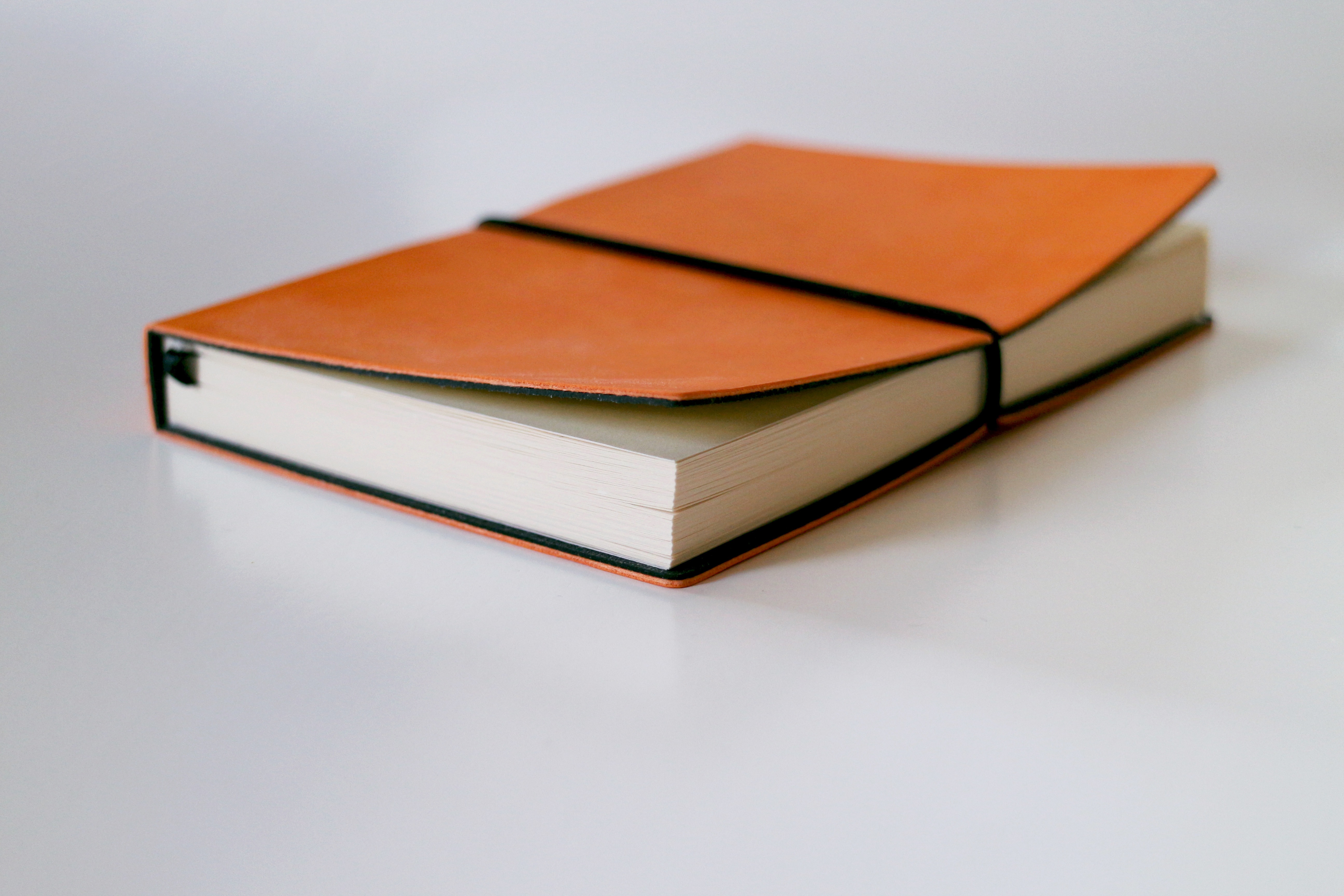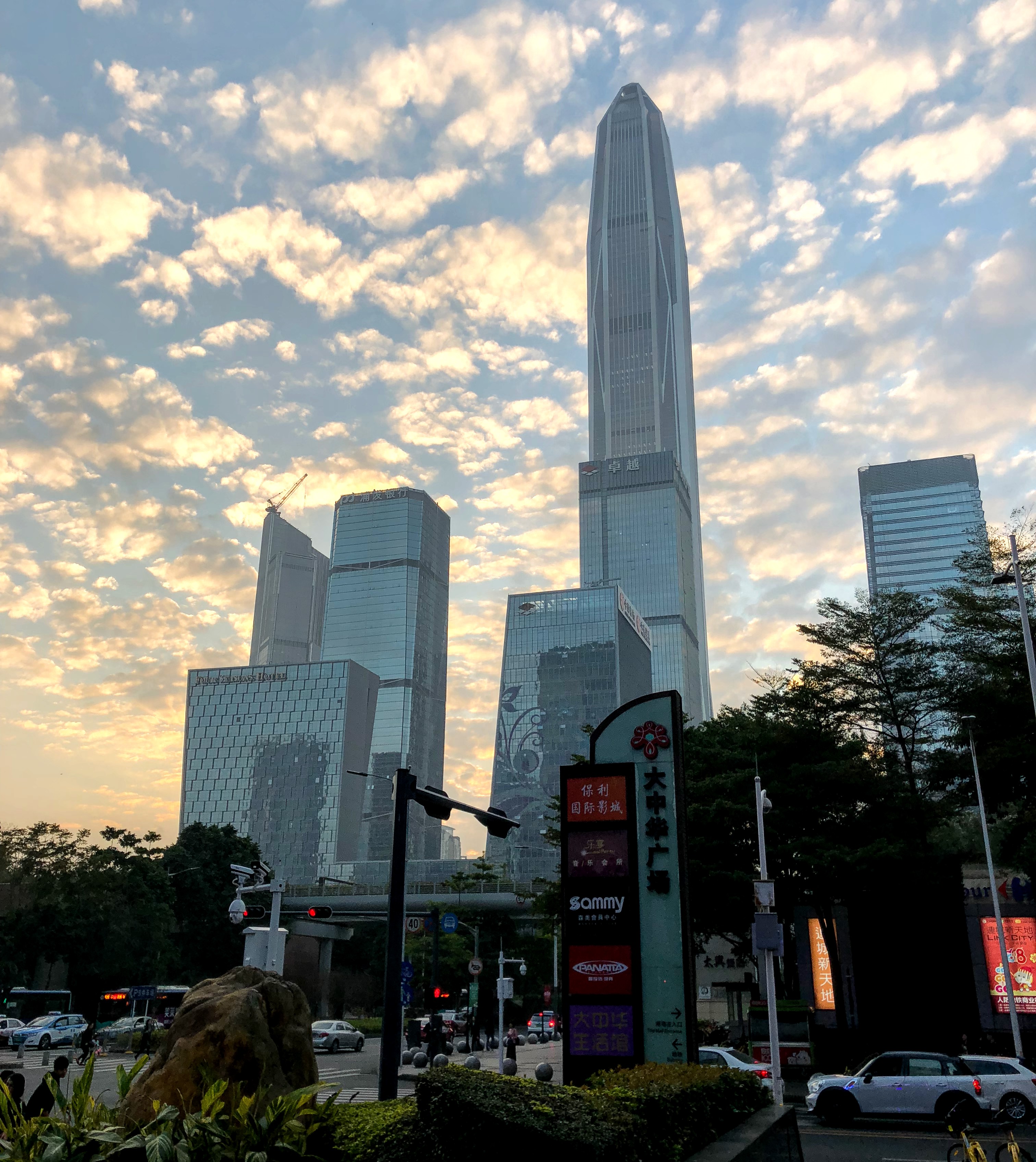Background As mentioned in our earlier article, the Implementation Regulations of the Chinese Patent Law (“Regulations”, similar to the CFR in the US) were approved in November, and the CNIPA finally made public the full text of the Regulations just before the arrival of the New Year. At the same time, the CNIPA also released the new Patent Examination Guidelines (“Guidelines”, like the MPEP in the US), along with specific implementation dates and transitional methods. These changes became effective as of 20 January 2024. Today’s article will focus on incorporation by reference. The Regulations provide more details on the newly “incorporation by reference” provision in the Chinese Patent Law, which align this…
-
-
IP Strategies for the Newly Released Implementation Regulations of the 4th Amendment of the Chinese Patent Law: Part 3: The 15-Day Mailing Period is Mostly Going Away
A Closer Look at the New Presumed Receipt Date Calculation Background China has finally released the long-awaited Patent Law Implementation Regulations (“Regulations”) and associated “Patent Examination Guidelines” (“Guidelines”, similar to the United States’ MPEP) which provide further clarity and details of the new Chinese patent law. Today’s article will focus on changes that impact how patent applications and related deadlines are managed. Understanding the Shift in Presumed Receipt Dates Traditionally, the China National Intellectual Property Administration (CNIPA) presumed the receipt of official documents to be 15 days post-issuance, similar to the European Patent Office’s 10-day mailing period. Recent modifications (2023) in European procedures raised questions about potential parallels in China’s…
-
IP Strategies for the Newly Released Implementation Regulations of the 4th Amendment of the Chinese Patent Law: Part 2: Grace Period without Loss of Novelty
Background As mentioned in our earlier article, the Implementation Regulations of the Chinese Patent Law (“Regulations”, similar to the CFR in the US) were approved in November, and the CNIPA finally made public the full text of the Regulations just before the arrival of the New Year. At the same time, the CNIPA also released the new Patent Examination Guidelines (“Guidelines”, like the MPEP in the US), along with specific implementation dates and transitional methods. These changes became effective as of 20 January 2024. Today’s article will focus on the grace period without loss of novelty. Grace Periods in China China has had a grace period (time within which a…





